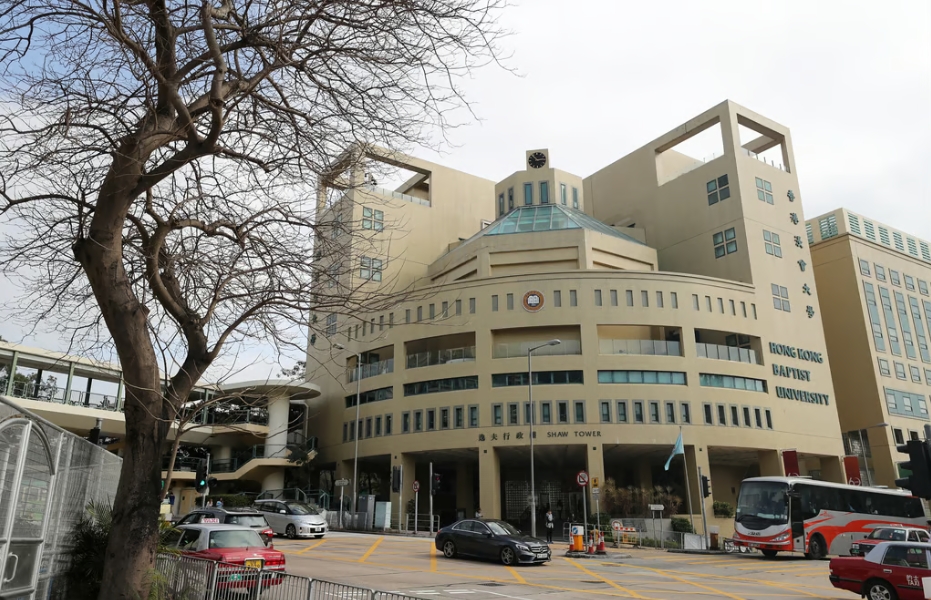
 i_need_contribute
i_need_contribute
Baptist University said on Monday that it had launched the city’s first large-scale community project that promoted the use of Chinese medicine in treating mental health issues in collaboration with the New Life Psychiatric Rehabilitation Association.
Professor Bian Zhaoxiang, principal investigator of the Jockey Club Traditional Chinese Medicine-driven Mental Wellness Project, said data showed only 1.8 per cent of the city’s population consulted Chinese medicine practitioners for mental health issues.
“As mental health problems have become more prevalent in Hong Kong and Chinese medicine has great effectiveness and safety in this field, we would like to, through this project, establish a trial platform for a Chinese medicine-based approach to improve mental health,” Bian said.
“We hope to develop a clinical protocol for Chinese medicine to improve mental health, which can be used by different organisations.”

Baptist University launched the programme last year. Photo: Winson Wong
Bian, who is also associate vice-president of clinical Chinese medicine at the university, added they also expected to develop an evidence-based method to assess the outcomes of the treatments and collaborate with mental health professionals through the programme.
The programme, which began in July 2023, had recruited more than 800 participants aged 18 to 65 with mild-to-moderate insomnia, anxiety or depression as of November 15 this year. It received a donation of nearly HK$71 million from the Hong Kong Jockey Club Charities Trust.
A Chinese medicine practitioner conducts a clinical assessment on a participant in terms of their mental health symptoms, physical signs, digestive system-related issues and sleep-related problems. The practitioner examines tongue coating, complexion and pulse, as well as the participant’s physical characteristics.
Participants need to complete a self-assessment questionnaire on the severity of their depression, anxiety or insomnia.
Under the three-tier treatment programme, those with mild conditions are prescribed herbal tea – to be taken twice a day for six weeks – based on their symptoms.
Those with moderate conditions are prescribed Chinese medicine – also to be taken twice a day for six weeks – based on their symptoms and physical situation.
People who do not improve after the second-tier treatment receive eight weeks of Chinese medicine and eight weeks of counselling services including eight individual sessions and six group sessions provided by the association.
Professor Yang Junjun, executive associate director of the university’s Chinese medicine school, said participants had reported significant improvements in their sleep quality and mental health condition.
He said practitioners would identify the underlying factors of participants’ conditions from the perspective of their practice.
“For example, Chinese medicine may conclude that the reason behind some cases of depression is the flow of qi [or vital energy] in the liver is obstructed, and we have certain formulas or acupuncture treatment to treat it,” he said.
“The reasons behind anxiety may be insufficient blood in the heart and liver, or the deficiency of qi.”
Cindy Yiu Yan-yee, head of the association’s professional services, said counselling sessions focused on the participants’ physical, mental and spiritual health rather than their medical needs.
“Body, mind and spirit are intertwined and interconnected. They affect each other,” she said.
“To improve mental health, we can break the vicious cycle and approach the problems from all aspects of body, mind and spirit to build a new cycle.”
She said they had also created a new counselling exercise by incorporating the four examination methods of Chinese medicine – inspecting, listening and smelling, questioning and palpating.
“It requires participants to observe their personal life closely, such as what occurred in their lives … Listen to their feelings and needs at the moment, whether they like the current cycle or not,” she said.
“Ask themselves whether their current life journey, values, goals and actions align with each other.”
The participants were also expected to create a sustainable plan to improve their body, mind and spirit, which could help them when encountering future challenges, she added.